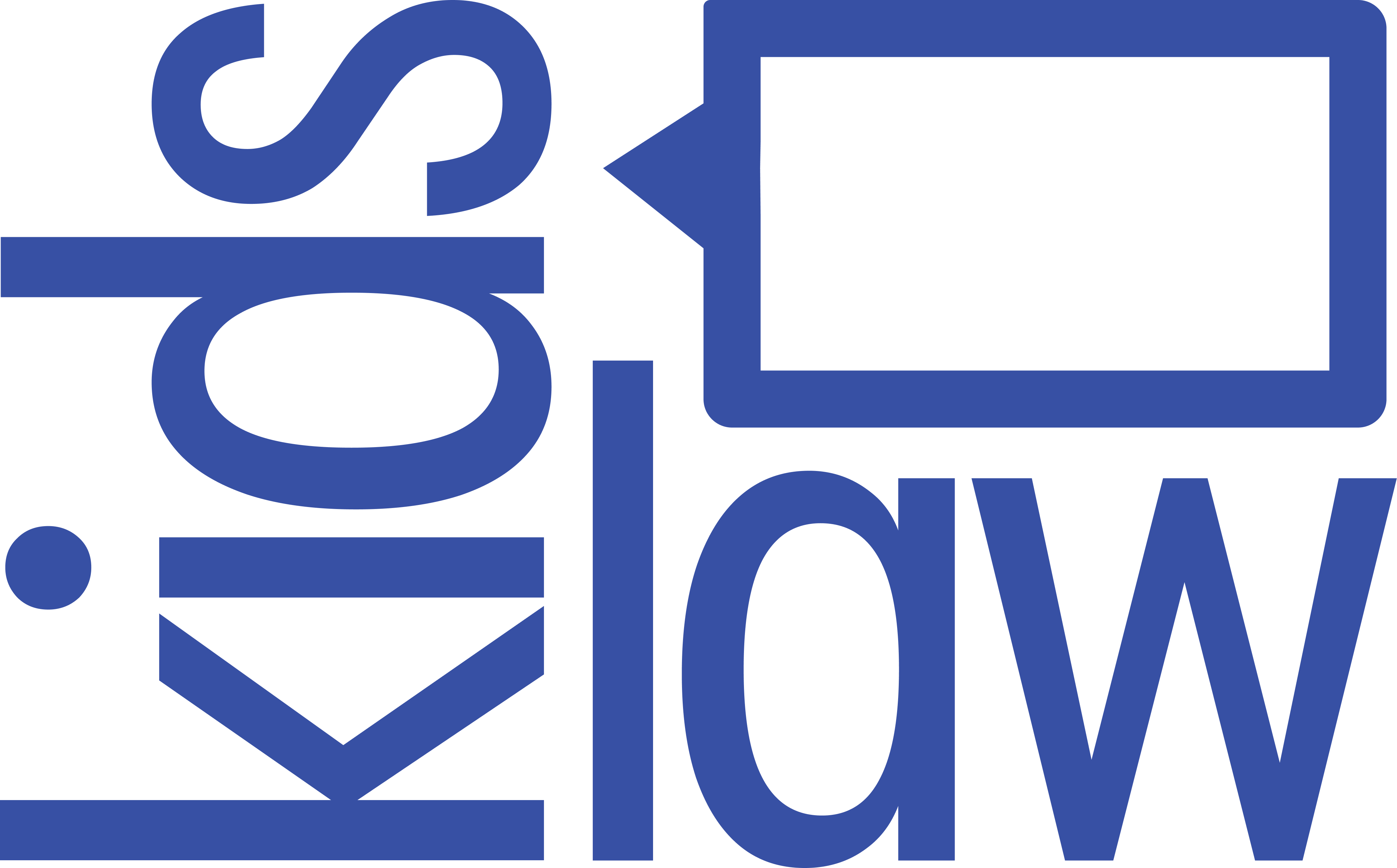19th April 2021
When Alma-Constance discussed the age of criminal responsibility starting at 10 years old in England and Wales with DPP director Max Hill QC (in our episode 2), Max talked about the police investigating when people commit crimes. Alma-Constance was curious to know more about the work the police do and how it affects children.
Our guest for this episode – to tackle these questions – was Dame Cressida Dick, who is the commissioner of the Metropolitan Police Service which means she is head of the police force in London. The Met is one of the 45 police forces in the UK – the force, by officer numbers, is the largest in the United Kingdom by a significant margin, and one of the biggest in the world.
Alma quizzes Cressida on what happens if a child is suspected of a crime, the role of police officers in schools, changes in crime levels since the pandemic and how girls can keep safe at school and elsewhere.
Cressida tells her how, at 10, she was a shy but active child who enjoyed sports and the outdoors, was ‘not brilliant’ at school work, was untidy and ‘quite naughty’.
She puts her success down a love of the job and hard work as well as the support and confidence given to her by those around her growing up who gave her a sense she could achieve whatever she wanted to.
She recounts the first arrest she ever made, in Soho in 1984, of a man attempting to break into a red telephone box with a screwdriver.
You can read more about the Metropolitan Police and the police and how the get involved in children’s lives:
https://www.police.uk/pu/support-services/support-children-young-people-crime/
https://www.gov.uk/if-my-child-gets-in-trouble-with-police
Also if you need to ask some legal questions and need guidance:
https://www.citizensadvice.org.uk/family/children-and-young-people/child-abuse/police-involvement/child-abuse-police-involvement/
Alma-Constance and Lucinda would love to hear from you!
Tell us what you think of our episode, and if you’ve got any questions, ideas about a topic or someone you’d like us to interview, please contact us through the website, kidslaw.info or on social media on Twitter @KidsLawInfo, Facebook and Instagram @KidsLawInfo
You can also email us: [email protected]
Please subscribe, rate, and share with your friends.
See you in the next episode!
